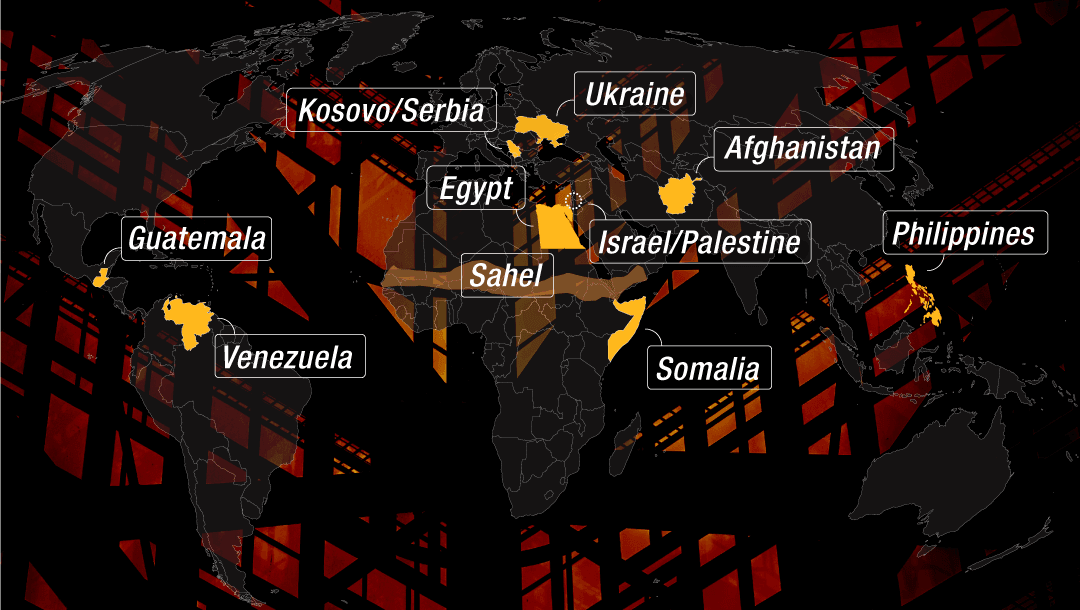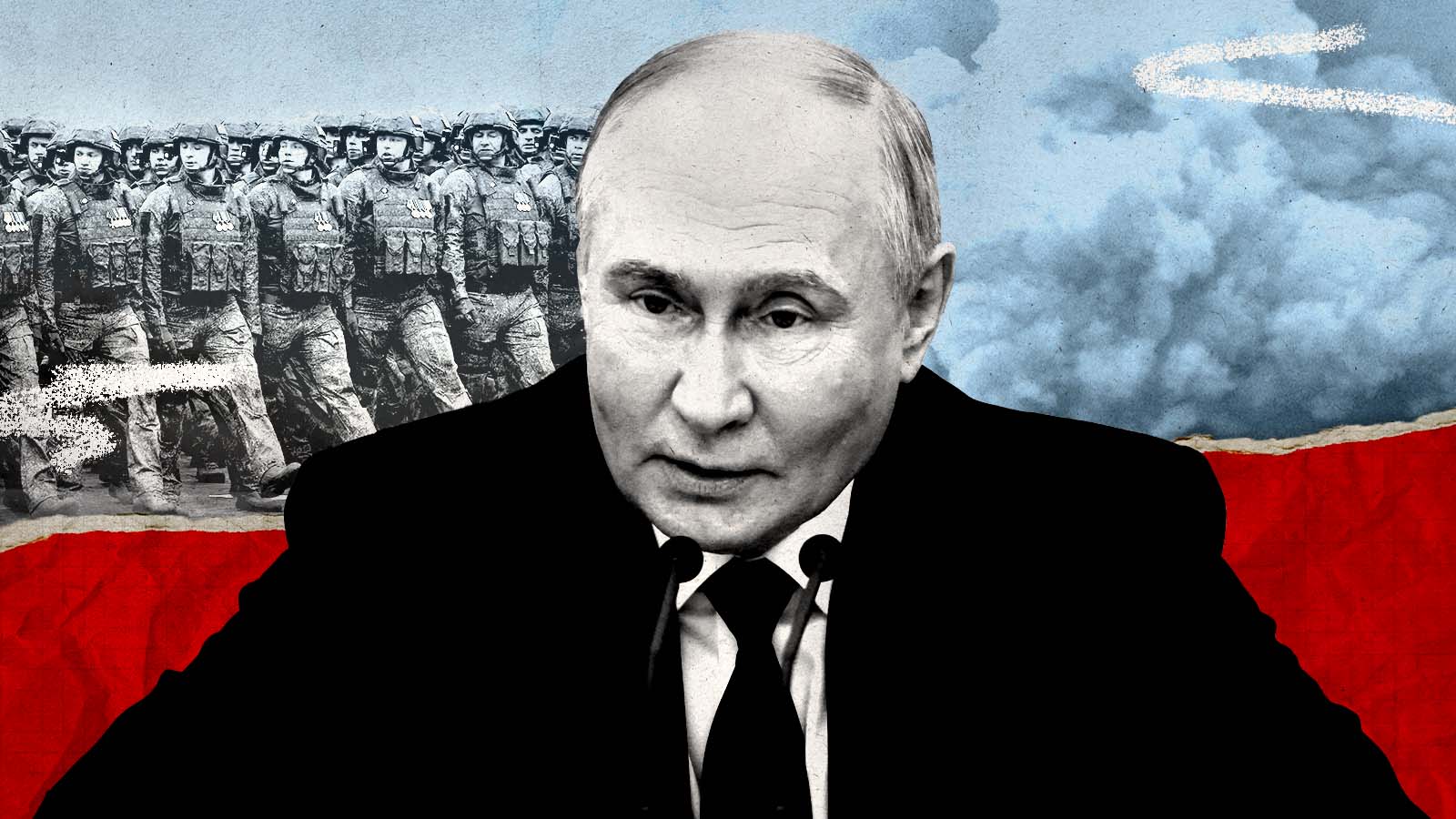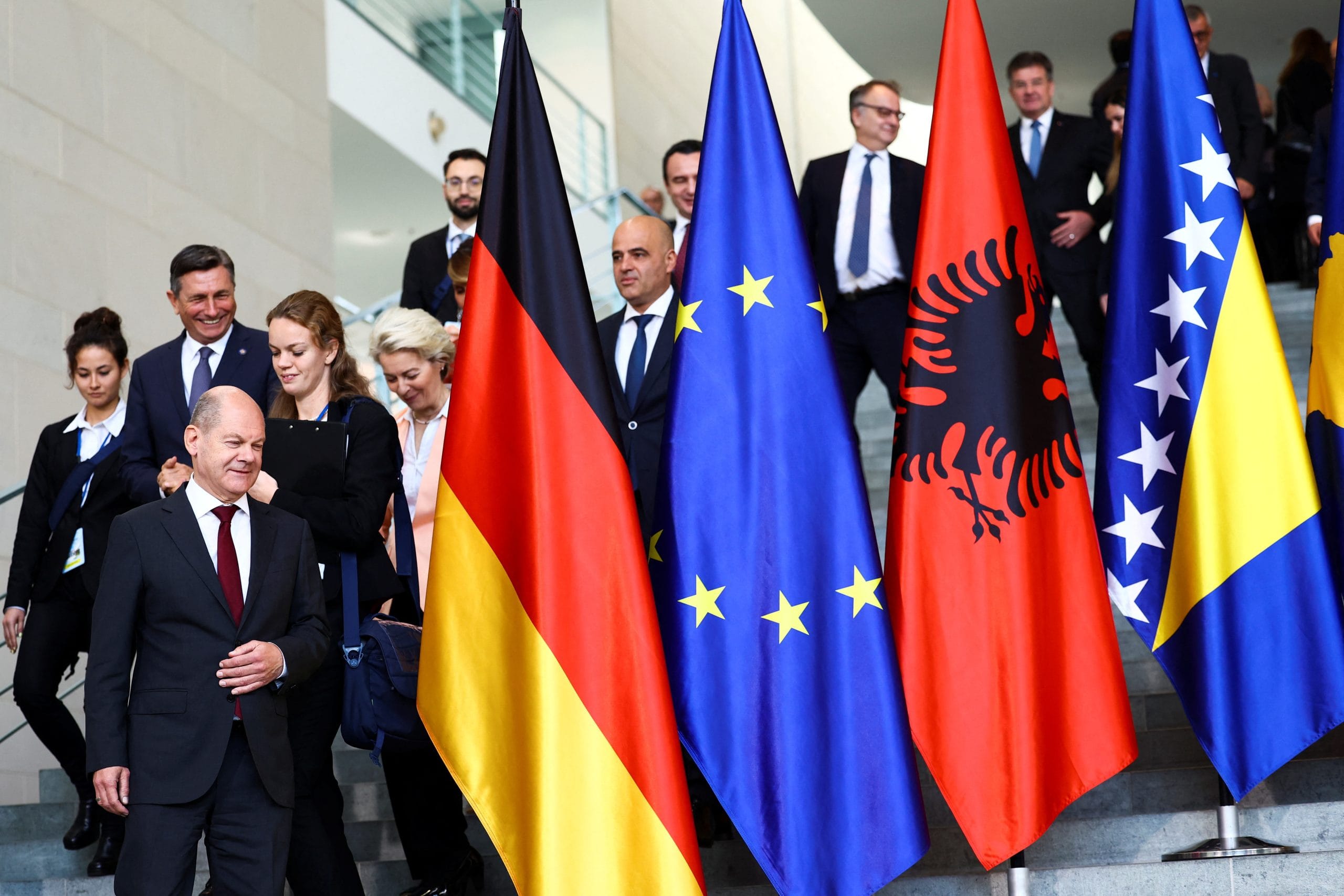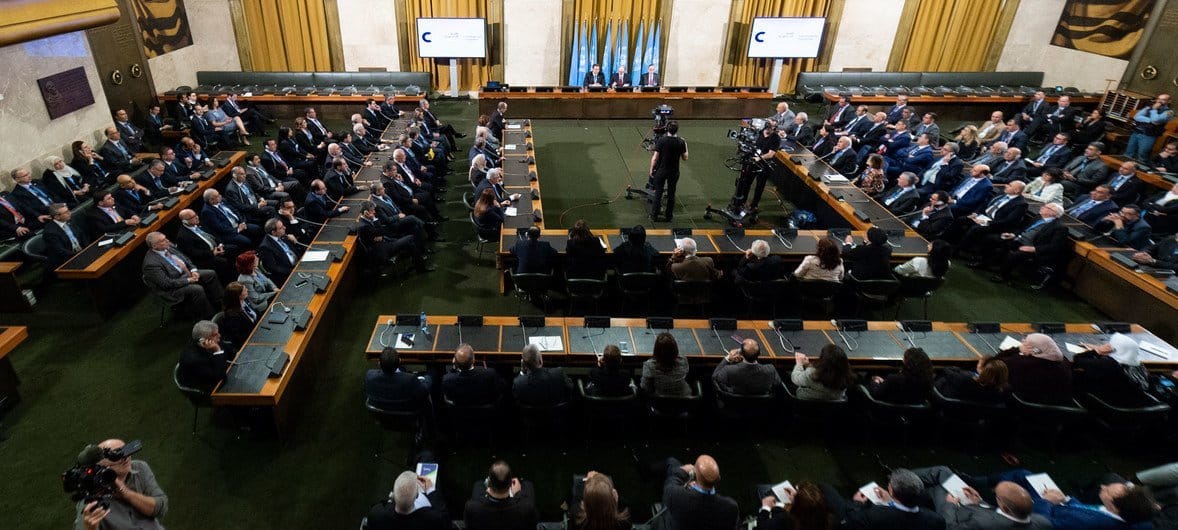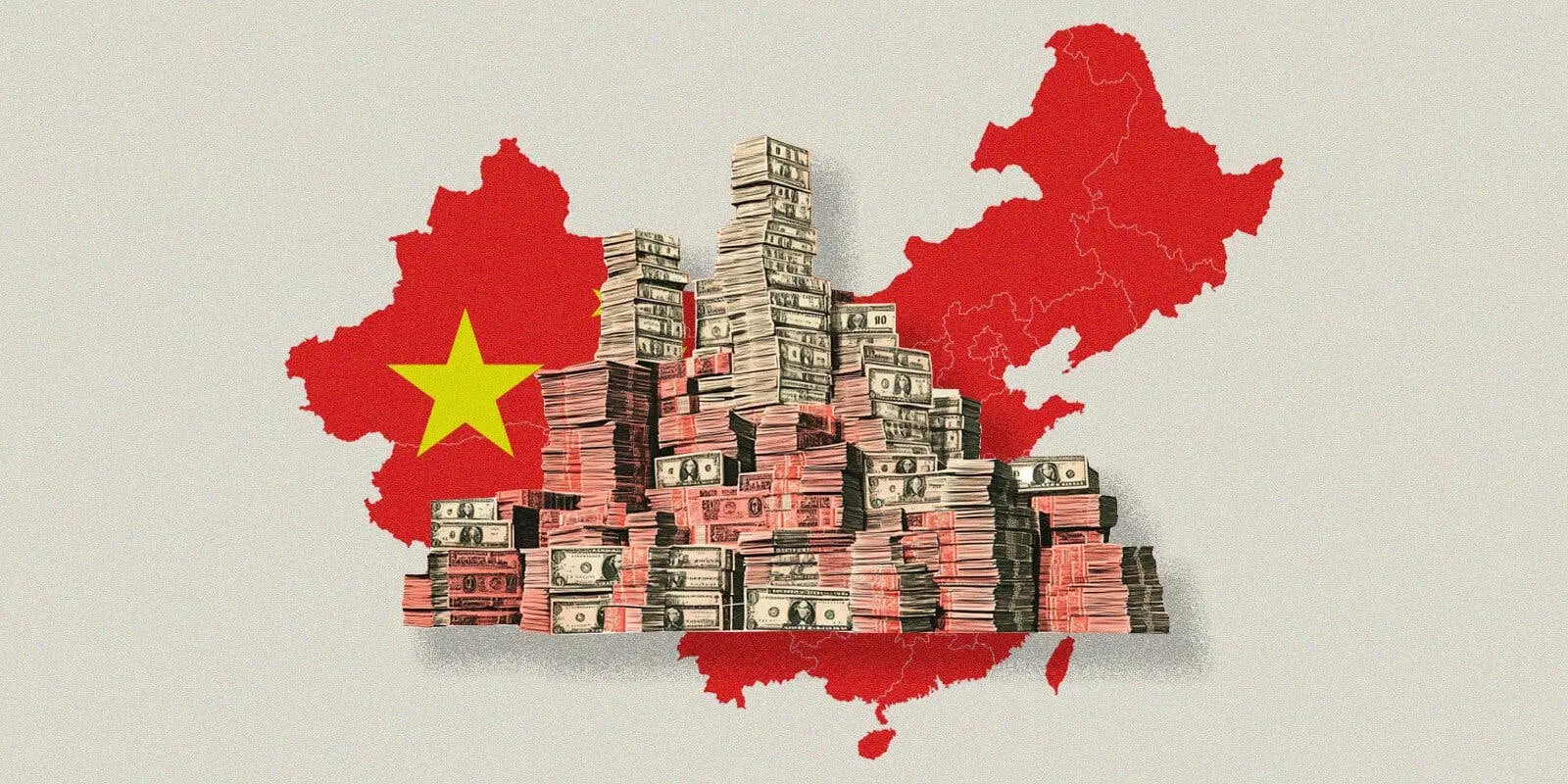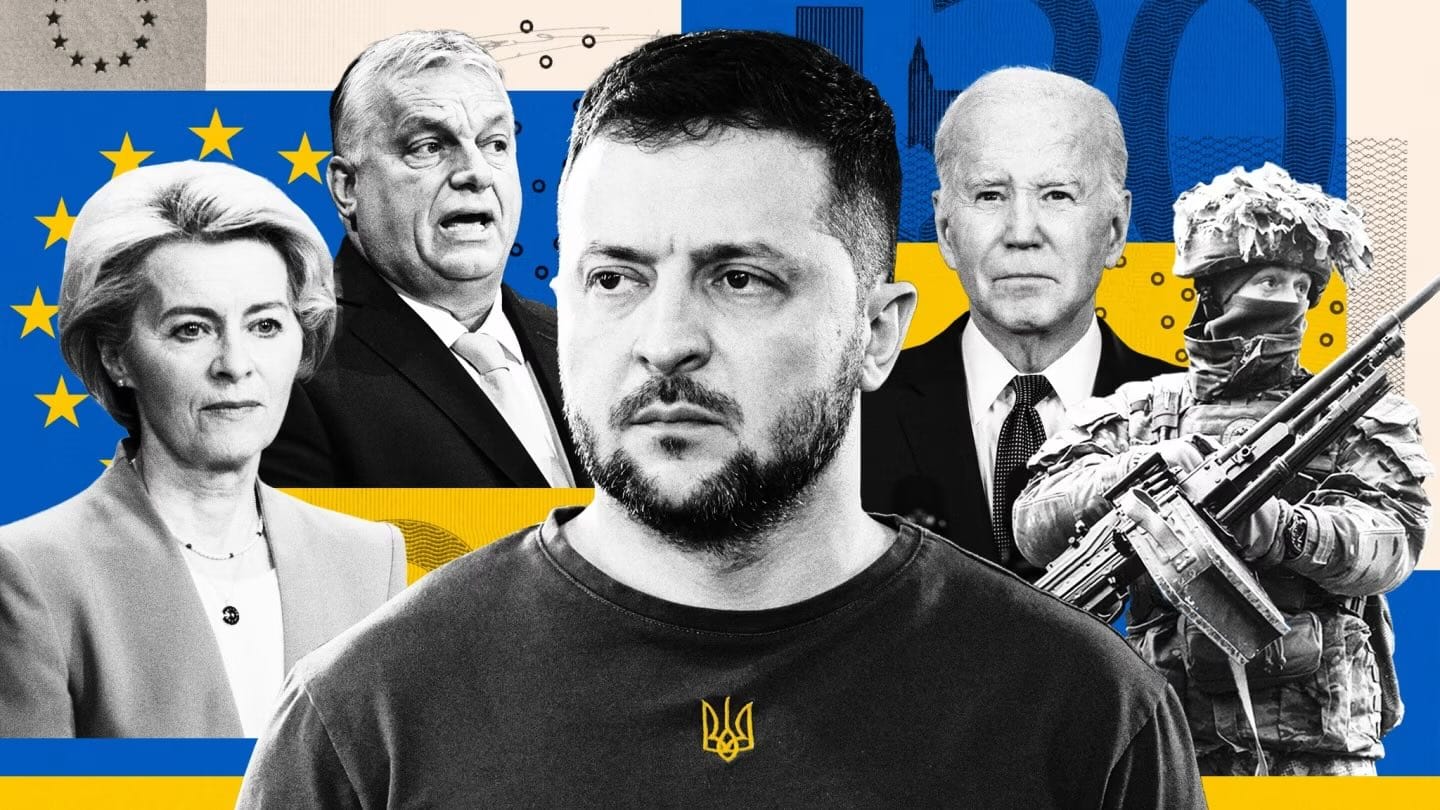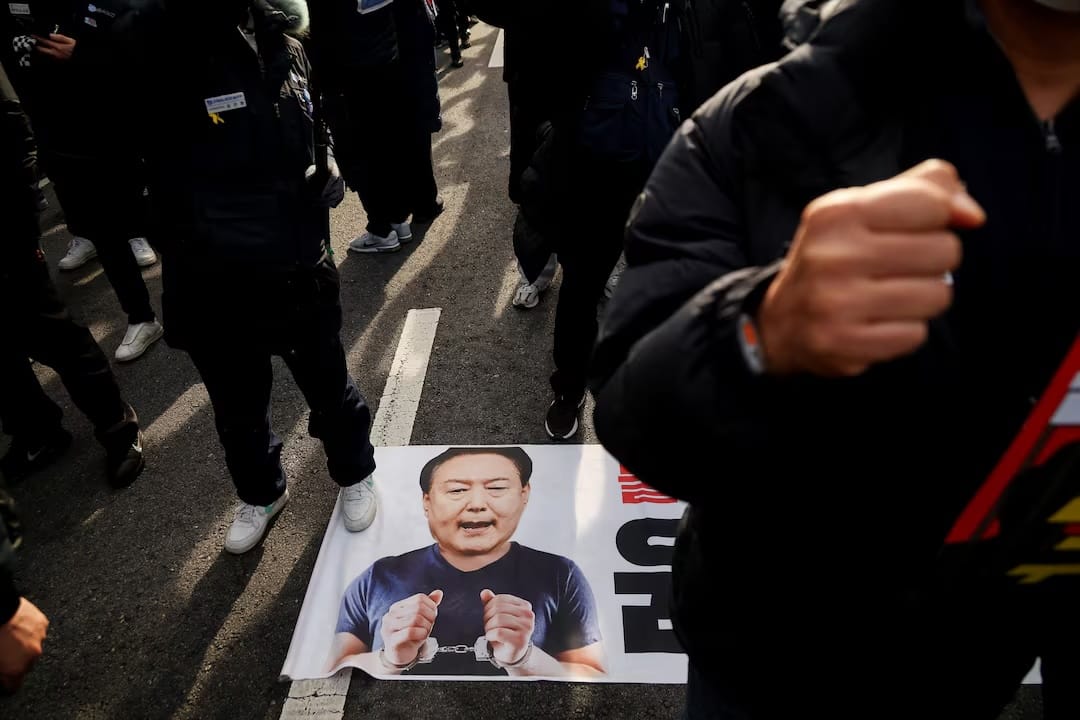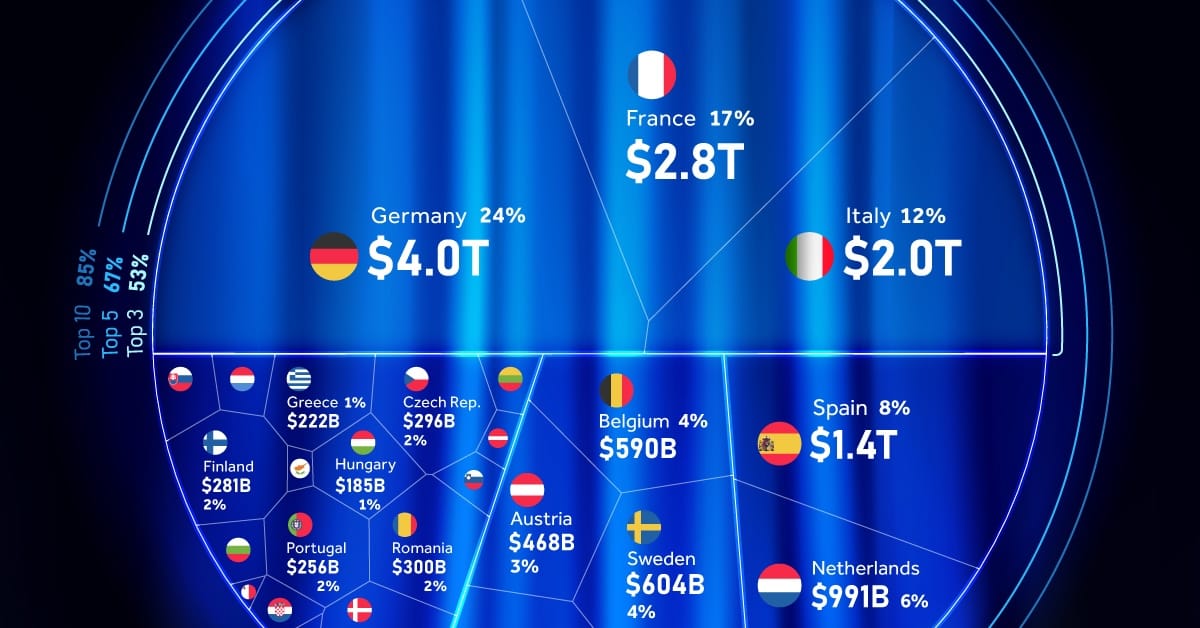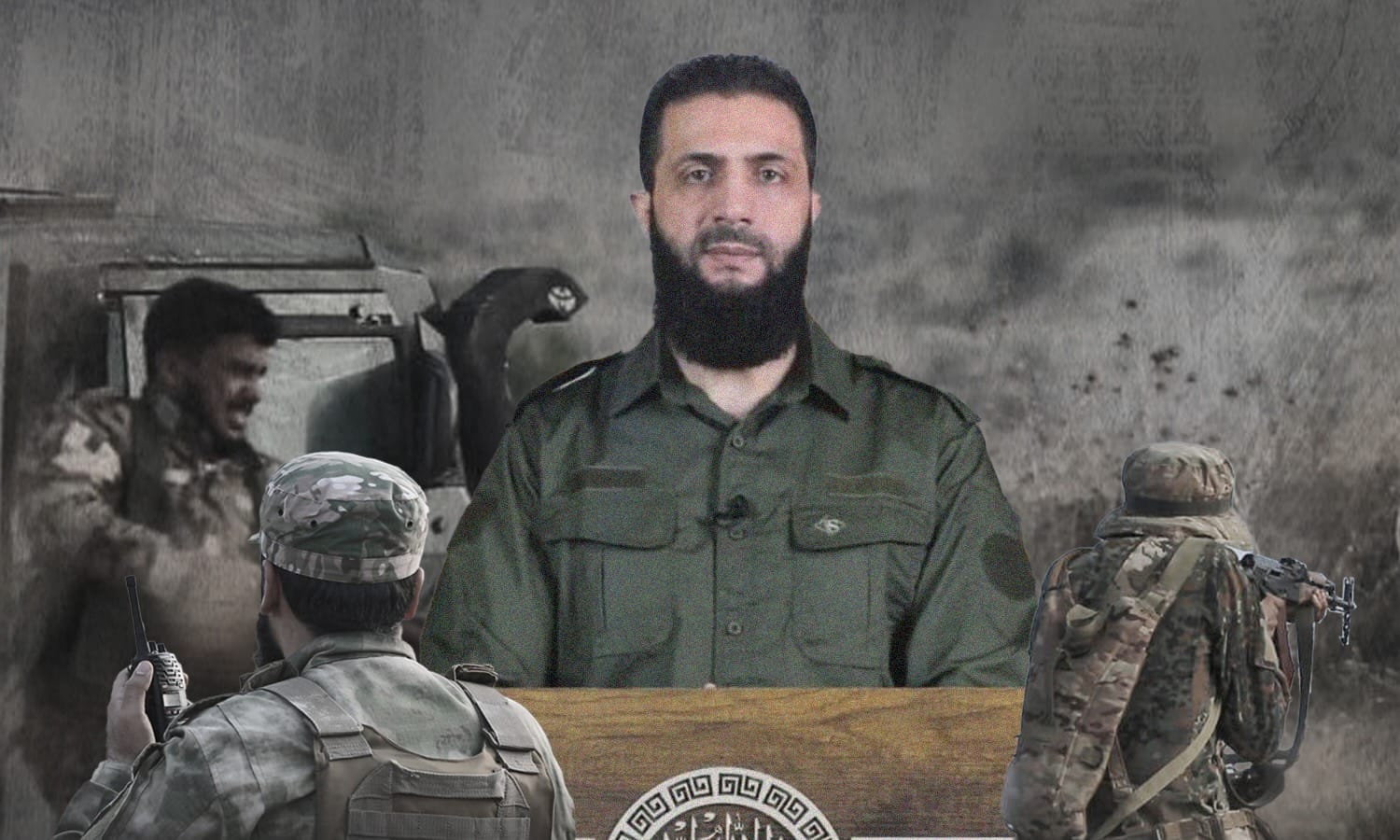In April 2023 civil war broke out between Sudan’s national army and the Rapid Support Forces, a paramilitary group. The conflict has caused a catastrophic humanitarian crisis: so far almost 30% of the country’s pre-war population of 50 million has been displaced. As 2024 began the RSF appeared to have upper hand. It had taken over much of Khartoum, the capital. Meanwhile almost all of Darfur, in the west, was under its control, though the army clung on to el-Fasher, the regional capital. The RSF’s leader, Muhammad Hamdan Dagalo even embarked on a triumphant tour of African capitals.
Author: Anirudh Phadke
This Year, Putin’s Way
On Thursday Vladimir Putin hosts his annual press conference, in which he answers softball questions about the year’s achivements at great length. Russia’s president may be cheerful. His forces continue to progress in eastern Ukraine, albeit at a cost of many men. And Donald Trump’s victory might provide a boon. Many people think he will keep his promise to end the war swiftly by imposing a bad deal on Ukraine. Still, the Russian president has plenty of problems.
EU Ambitions in the Western Balkans
On Wednesday leaders from the six western Balkan countries hoping to join the European Union meet their counterparts from the bloc’s member states. They will discuss the EU’s “growth plan”, which aims to absorb the countries into individual aspects of the union, such as its single market, before they become full members. The region’s accession process began in 2003 but has generally slowed. Bulgaria, already an EU member, is blocking North Macedonia; Serbia’s dispute with Kosovo, its former province, hampers the accession of both; and Bosnia’s Serb leadership is more interested in destroying Bosnia-Herzegovina as a state than joining the EU.
Post-Assad, Rebels Set to Represent Syria at the UN
On Tuesday, the UN Security Council publicly discusses Syria for the first time since the fall of Bashar al-Assad. Eyes will be on the Syrian delegation, appointed by the Assad government but thus far kept in post, and the old regime’s ally, Russia. The Kremlin’s diplomats are said to be co-operative; Russian media now call Hayat Tahrir al-Sham, the dominant rebel force, an “armed” rather than a ‘terrorist’ group. Nevertheless, America is wary of letting Russia use its veto power to shape the transition to its liking.
China Promised to Vigourously Boost Consumption
After their annual Central Economic Work Conference, which finished on Thursday, China’s leaders promised to “vigourously” boost consumption. New economic figures released on Monday will illustrate the size of the task ahead of them. Retail sales probably grew by about 4.5 percent in nominal terms in November, compared with a year earlier. That would be slower than the previous month, which was boosted by an early start to the “Singles’ Day” shopping festival. Consumer-price inflation, which has already been released, was only 0.2 percent, another symptom of weak spending.
Dispute over Military Operation Planning between the US and Ukraine
A war of words has broken out between the outgoing Biden administration and Ukraine’s president. Several US senior ranking officials have recently argued that Ukraine’s biggest problem is lack of manpower, and that it needs to lower the minimum age of conscription from 25 to 18. A government spokesman said that if Ukraine changes its policy, America will arm and train the recruits. Zelensky retorted that allies had fully equipped only a quarter of the ten brigades that he had requested earlier in the year.
South Korea’s President Faces a Reckoning
Welcome back to the World Brief, the flagship newsletter of The Viyug delivered to you directly from the Editor’s desk, catching you up on 24 […]
Gaza Starts to Feel Forgotten amid Syrian Crisis
Many Palestinians in Gaza cheered the scenes in Syria this week, as rebels overthrew Bashar al-Assad’s regime. Last month they watched the war in Lebanon end; now Syria’s 13-year civil war might be at a close too. But Israel’s war in Gaza drags on. At least 28 people were killed in Israeli strikes on Thursday, according to Palestinian medics.
A Nudge for Europe’s Economy
The European Union’s (EUs) economy is only about 1 percent bigger than it was a year ago. And inflation, at 2.3 percent in November, is close to the European Central Bank’s target of 2 percent. The prices of services across various member countries among EU have been rising by around 4 percent a year and there is sustained pressure from growing wages – the Netherlands, which has the most up-to-date figures, estimates these as rising at 6.5 percent.
The Caretaker Prime Minister of Syria
On 8 December 2024, the Syrian Arab Republic under Bashar al-Assad collapsed amid major offensives by the Syrian opposition (led by Hayat Tahrir al-Sham – HTS and supported by other rebel groups, including the Turkish backed Syrian National Army) as part of the Syrian civil war which began in 2011. The fall of Damascus marked the end of the Assad’s regime, which had ruled Syria as a totalitarian hereditary dictatorship since 1971.
